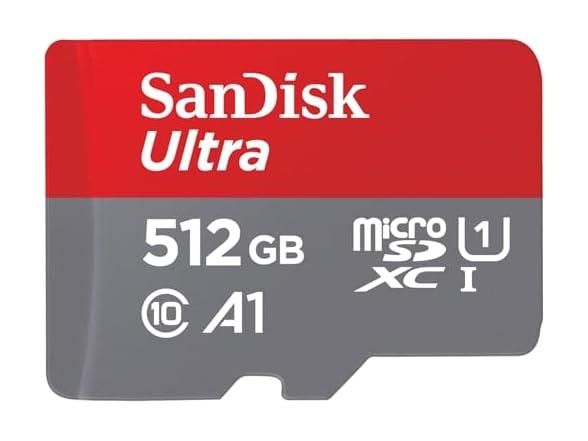
These are all factory reconditioned and come with a 90-day Woot limited warranty. We've pictured the SanDisk Ultra Plus 512GB microSDXC Memory Card for $35 ($45 less than you'd pay for a factory sealed version). Buy Now at Woot! An Amazon Company
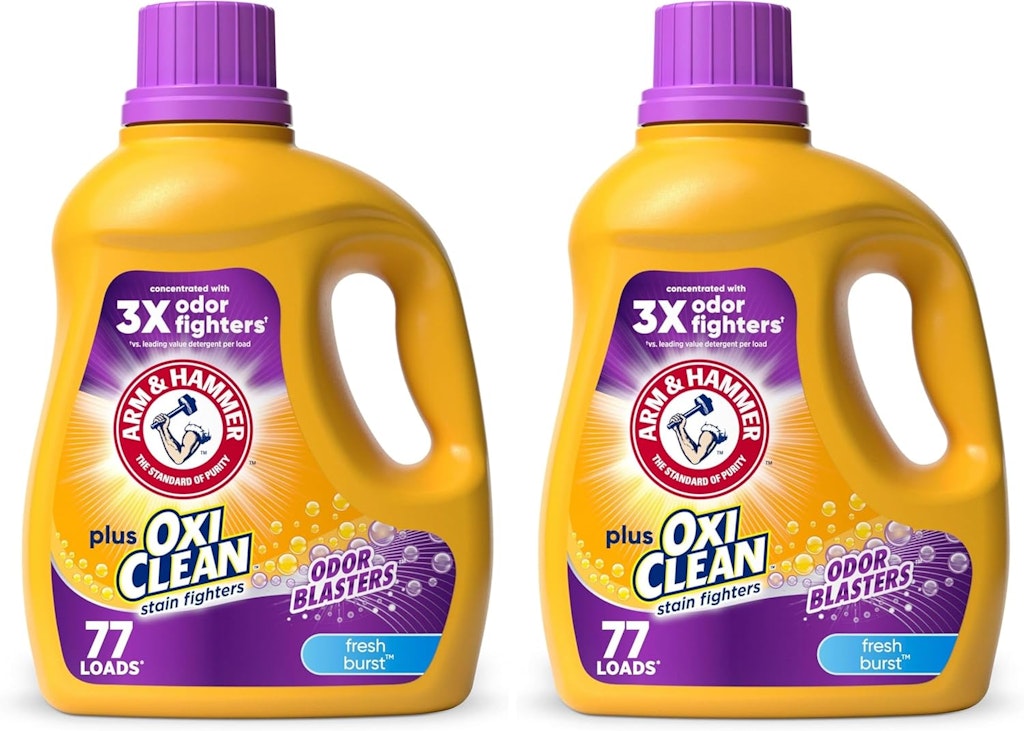
That's the lowest price we could find by $8 when you check out with Subscribe & Save. Buy Now at Amazon
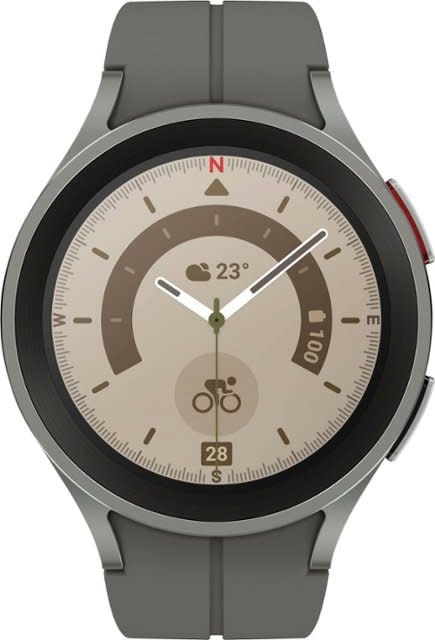
It ties the best deal we've seen for this model in any condition. It includes a 1-year Allstate warranty. Buy Now at eBay
- water resistant to 164'
- 45mm AMOLED display
- measures blood oxygen, electrocardiography, glucose, heart rate, hours slept
- Android Wear OS
- Model: SM-R920NZTAXAA
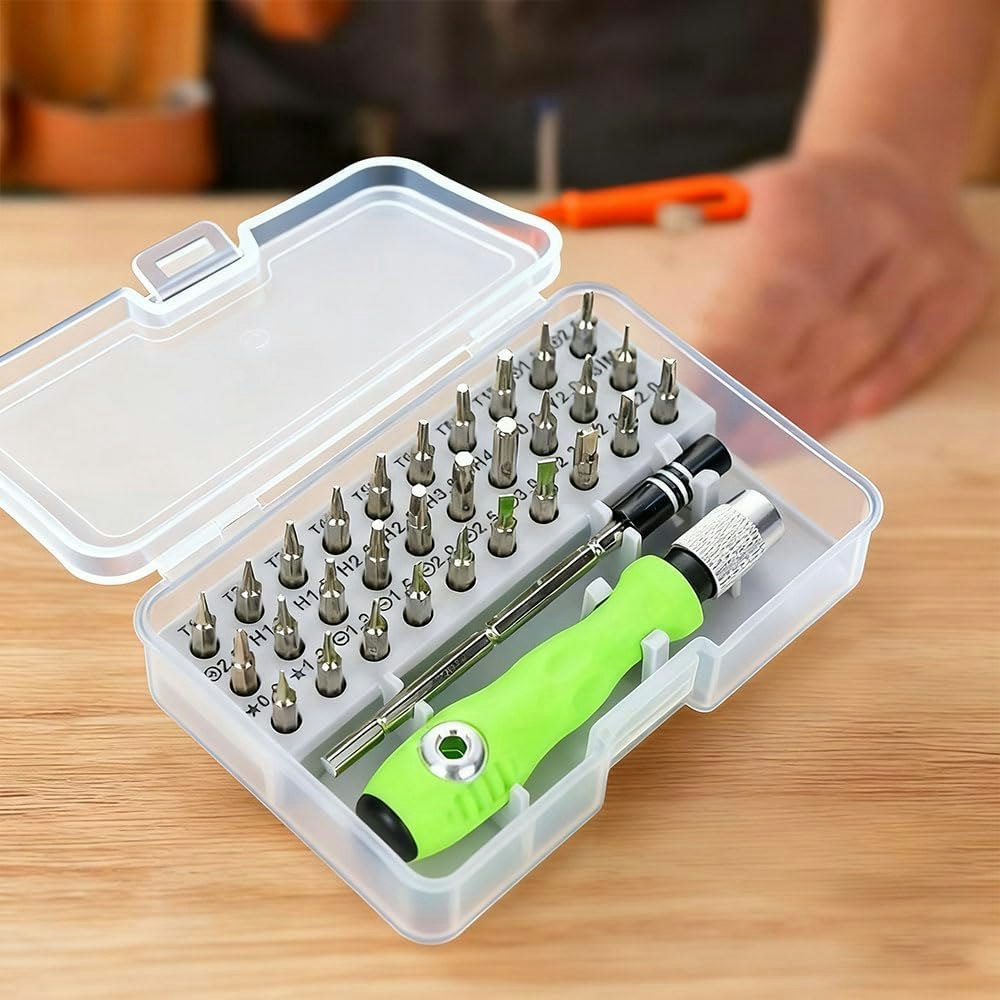
Here you'll find a bunch of fresh deals added to this selection of cheap clearance items priced at $2 or less as part of Amazon Haul's $2 Flash Deals Sale. Customers are limited to two items each. Shipping is free on Amazon Haul orders of $25 or more. Buy Now at Amazon
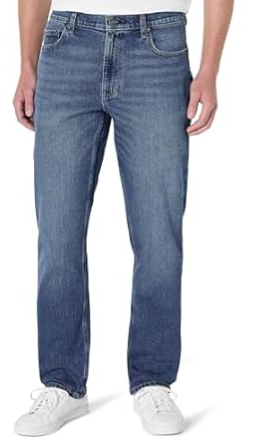
They're $9 less than Amazon charges. Buy Now at Woot! An Amazon Company

That's a tie for the best price we've seen when you clip the 20% on-page coupon and check out with Subscribe & Save. Buy Now at Amazon
- sewing supplies sold separately
- Model: OFX53005
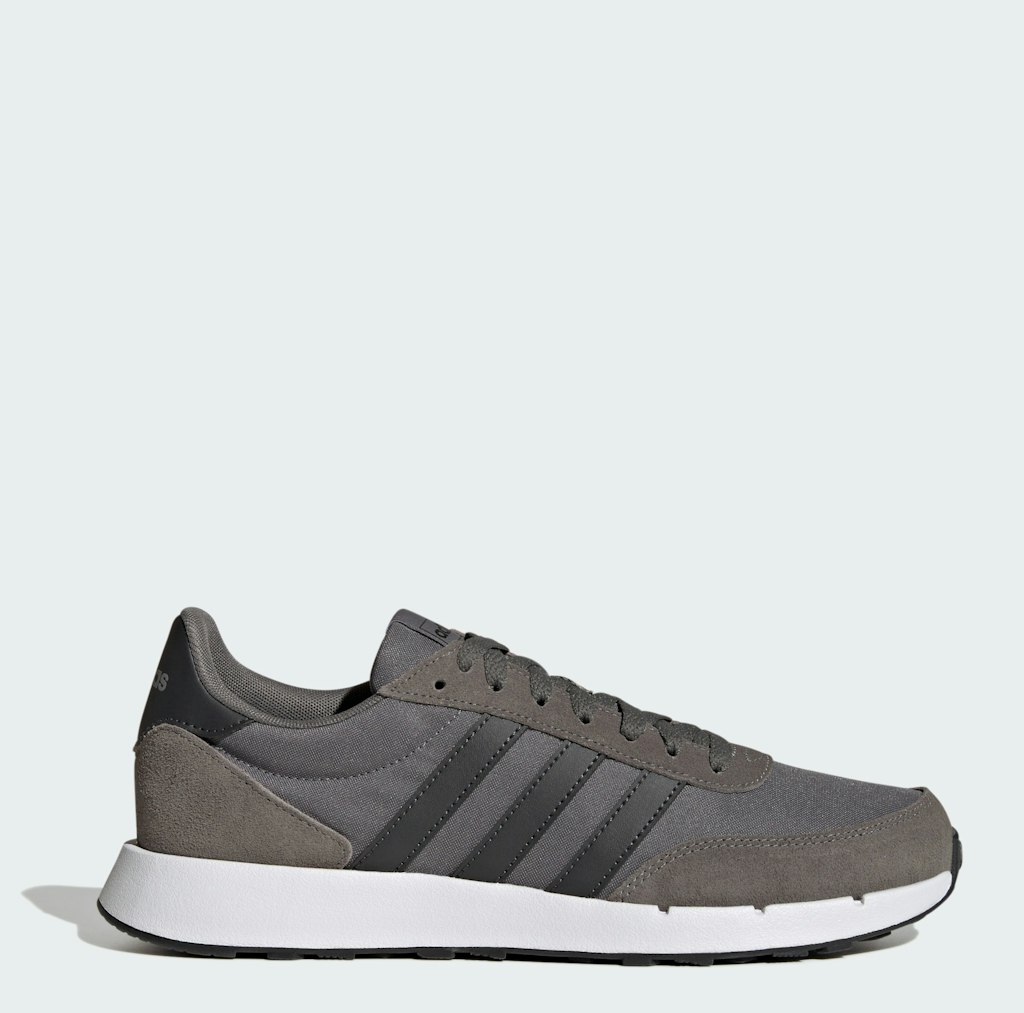
That's the lowest price we could find by $21. Buy Now at eBay
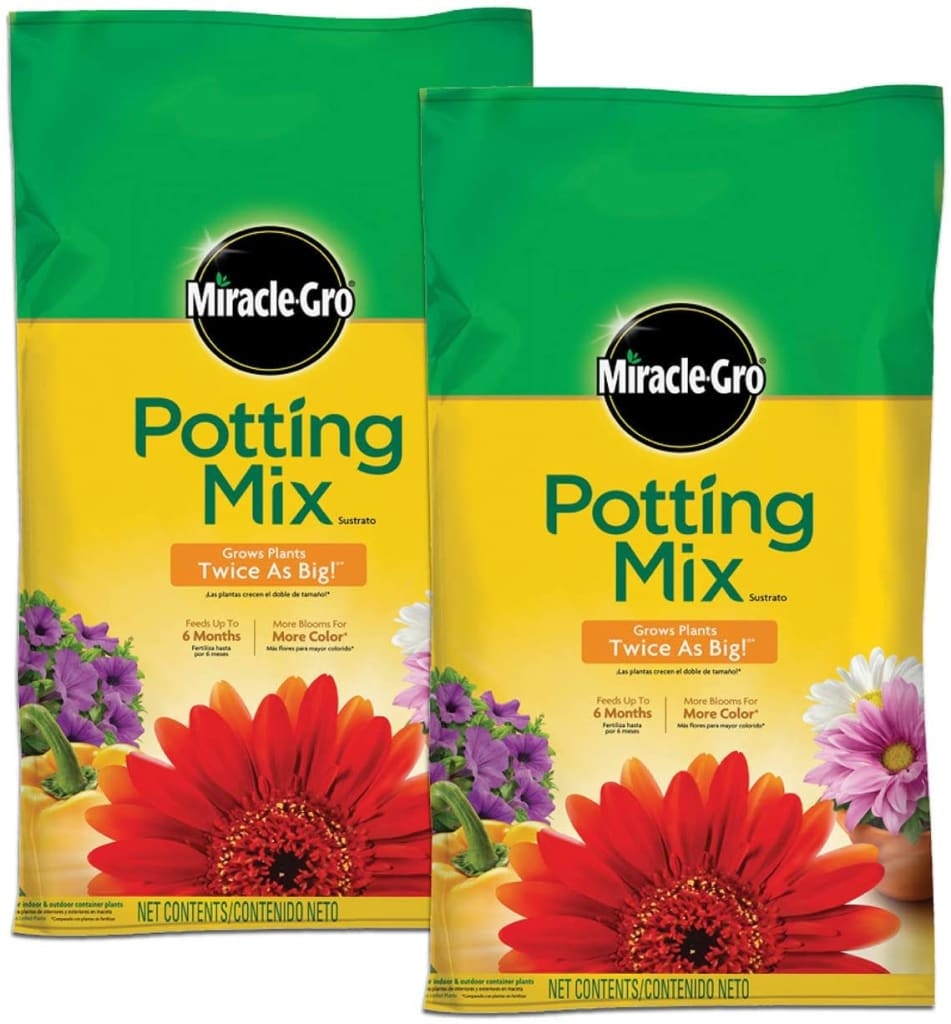
That's $3 less than Lowe's charges for this quantity. Check out with Subscribe & Save to get this deal. Buy Now at Amazon
- for indoor and outdoor container plants
- Model: VB00008
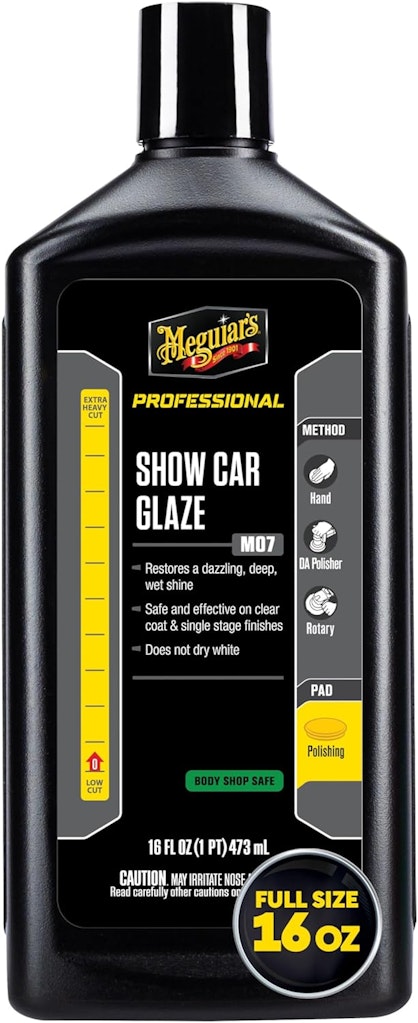
That's half of what you'd pay at your local auto supply store. Buy Now at Amazon

Apply the promo code "AFFNMBR" at checkout, and you'll get a $20 Costco Shop Card for free when you sign up for a Costco Gold Star annual membership. You will receive the card within two weeks of signing up. This membership offer is available only to new Costco Gold Star members or to those whose membership has expired for 18 months or more. This offer ends March 1, 2026. Buy Now at Costco
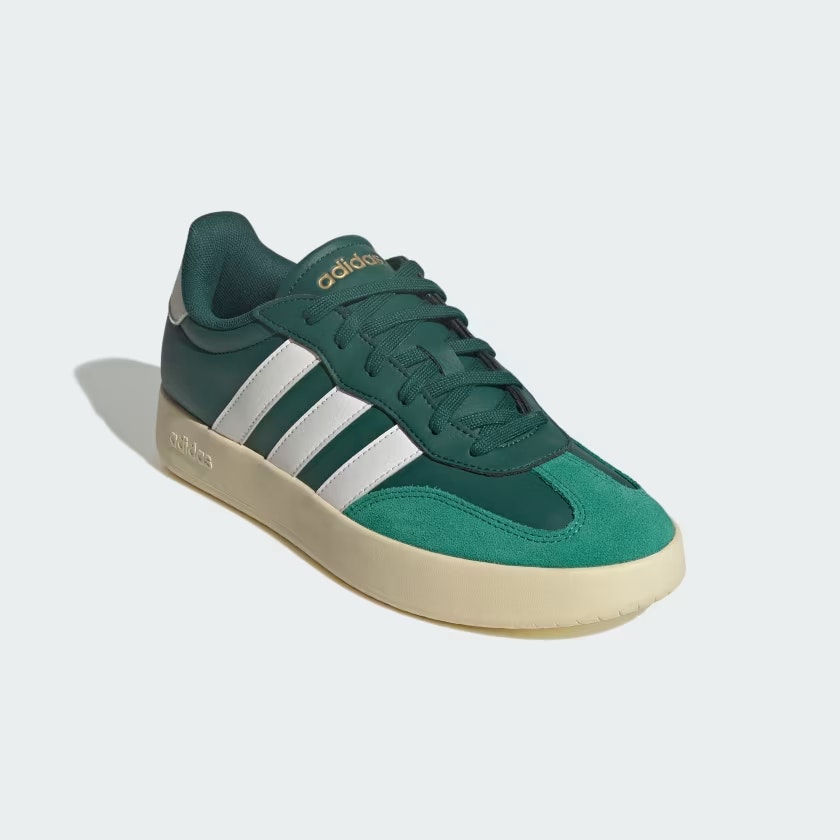
That's the lowest price we could find by $23. Buy Now at eBay
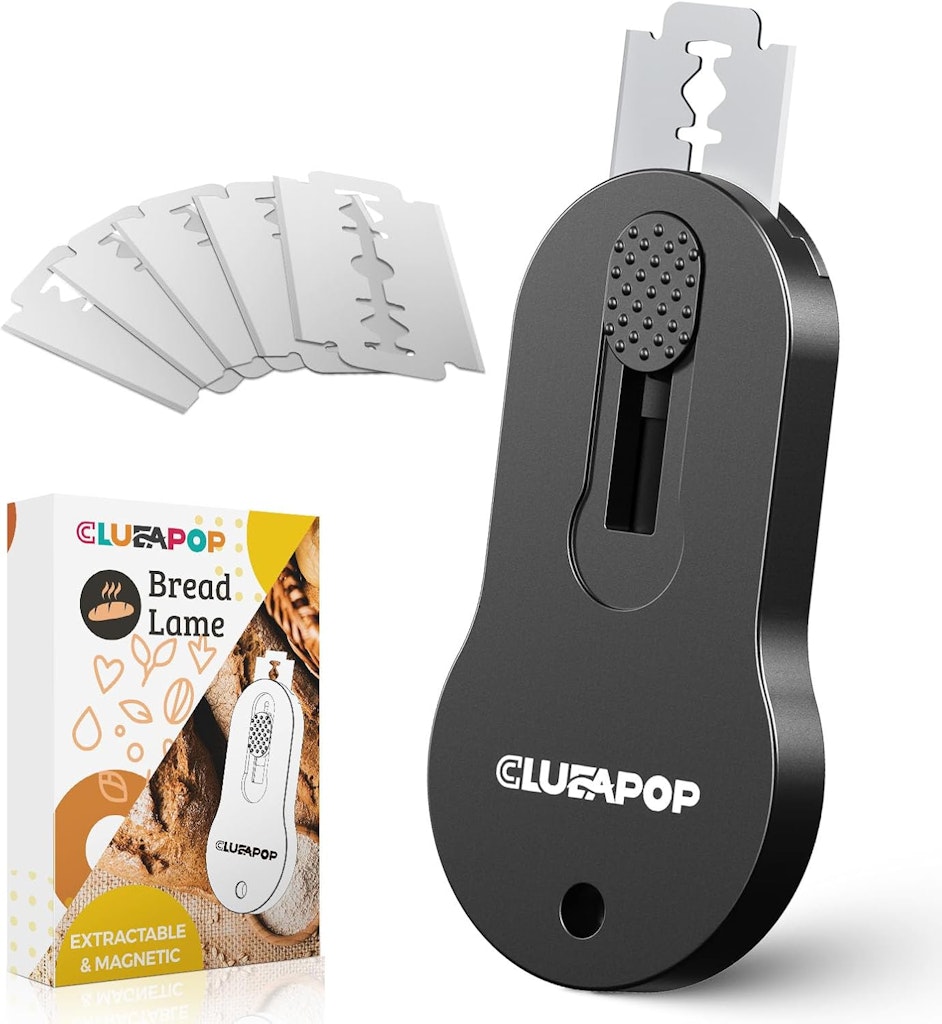
This popular kitchen tool is back at the best price we've seen. Buy Now at Amazon
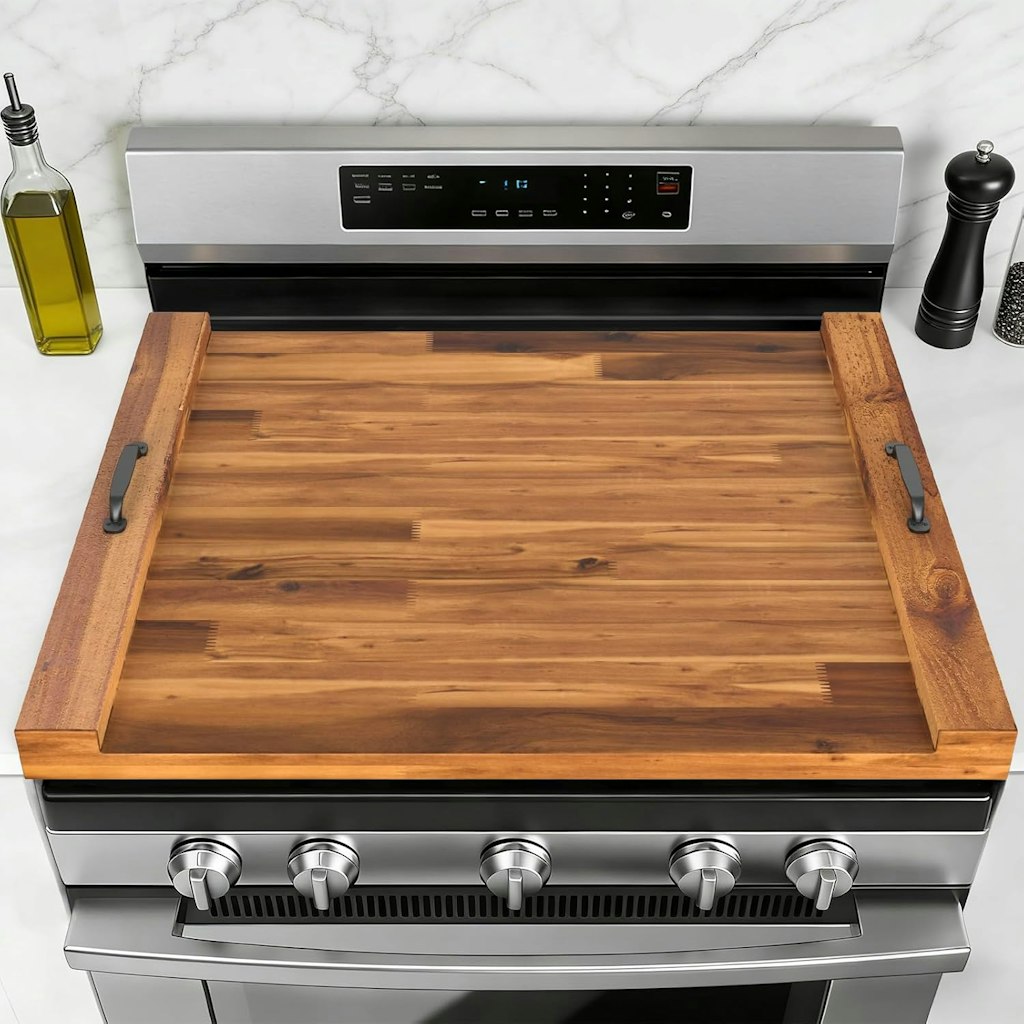
It's the best price that Amazon has charged for this wooden stove cover. Buy Now at Amazon

That's a buck less than Walmart charges. Check out with Subscribe & Save and clip the 25% on-page coupon to get this deal. Buy Now at Amazon
Apply coupon code "FZBW9G5Y" for a savings of $5 (the code may apply though the link). The code also applies to the multi-pack options from $24 after the same promo code. Buy Now at Amazon
- anti-fog
- measures 5.9" x 1.5" x 1.97"
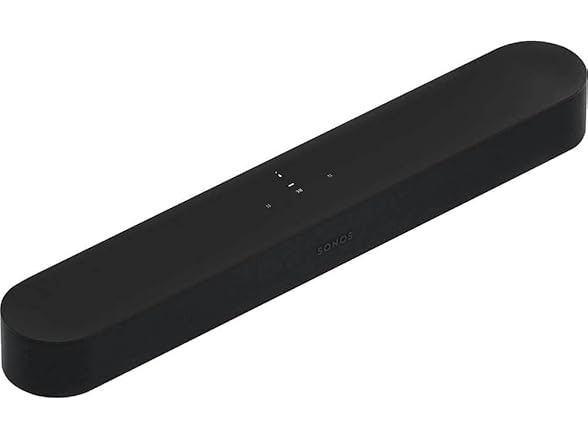
It's $19 more for a refurbished version elsewhere. Buy Now at Woot! An Amazon Company
- control via voice, remote, the Sonos app, and more
- built-in Amazon Alexa

It's $3 less than Walmart charges. Check out with Subscribe & Save to get this deal. Buy Now at Amazon
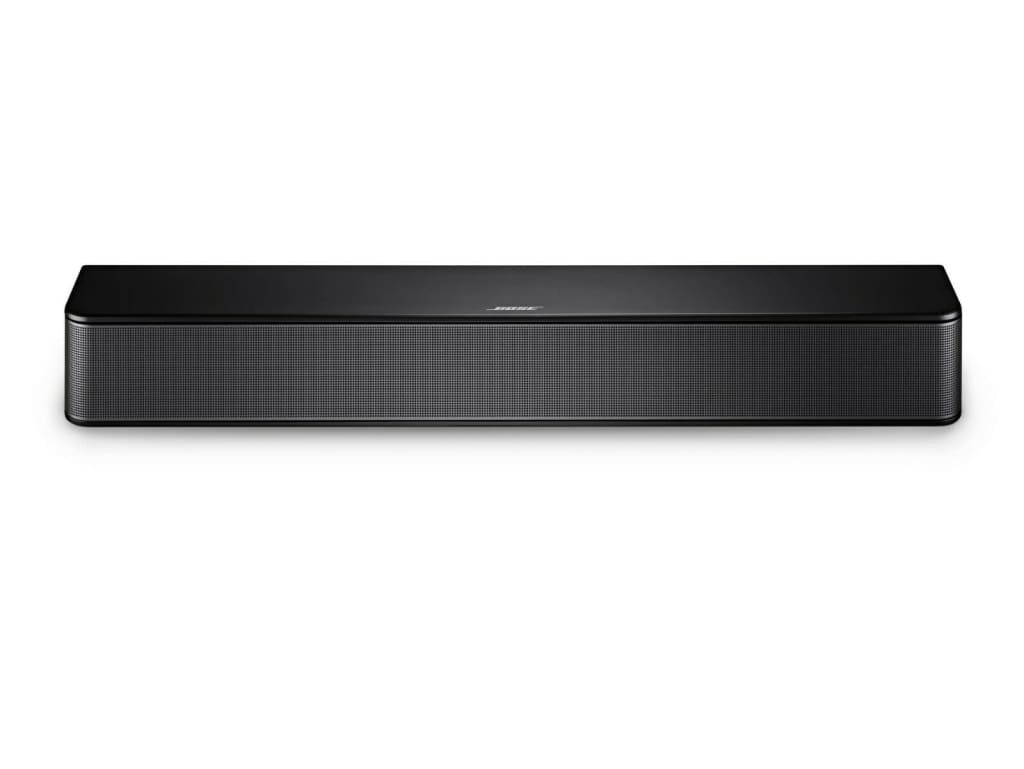
That's $67 less than you'd pay for one in similar condition at Amazon. A two-year Allstate warranty is provided with purchase. Buy Now at eBay
- Bluetooth range up to 30-feet
- remote control
- measures 21.6" x 2.8"
- Model: Solo Series II

That's half of what you'd pay at Amazon. Buy Now at Woot! An Amazon Company
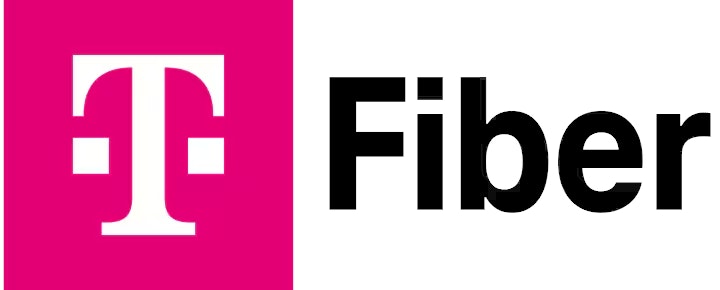
Sign up for a new T-Mobile Fiber 2 Gig Internet line with your T-Mobile phone plan and AutoPay to pay just $70/mo - a $15 savings. Plus, you'll get a $200 virtual prepaid Mastercard. Order by March 31 for installation by April 15 to qualify; some terms and exclusions apply. Buy Now at T-Mobile Fiber
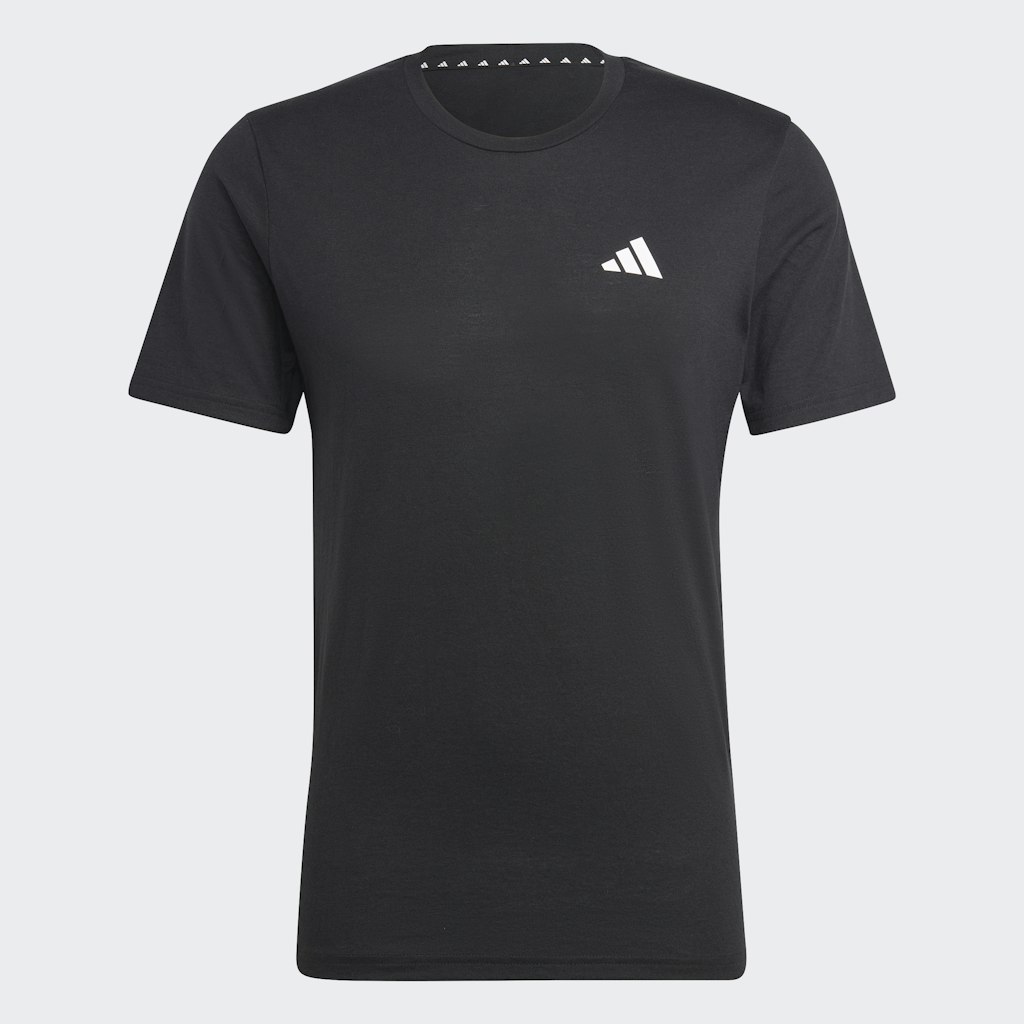
That's the lowest price we could find by $4. It's also available in White/Black size S for $7. Buy Now at eBay
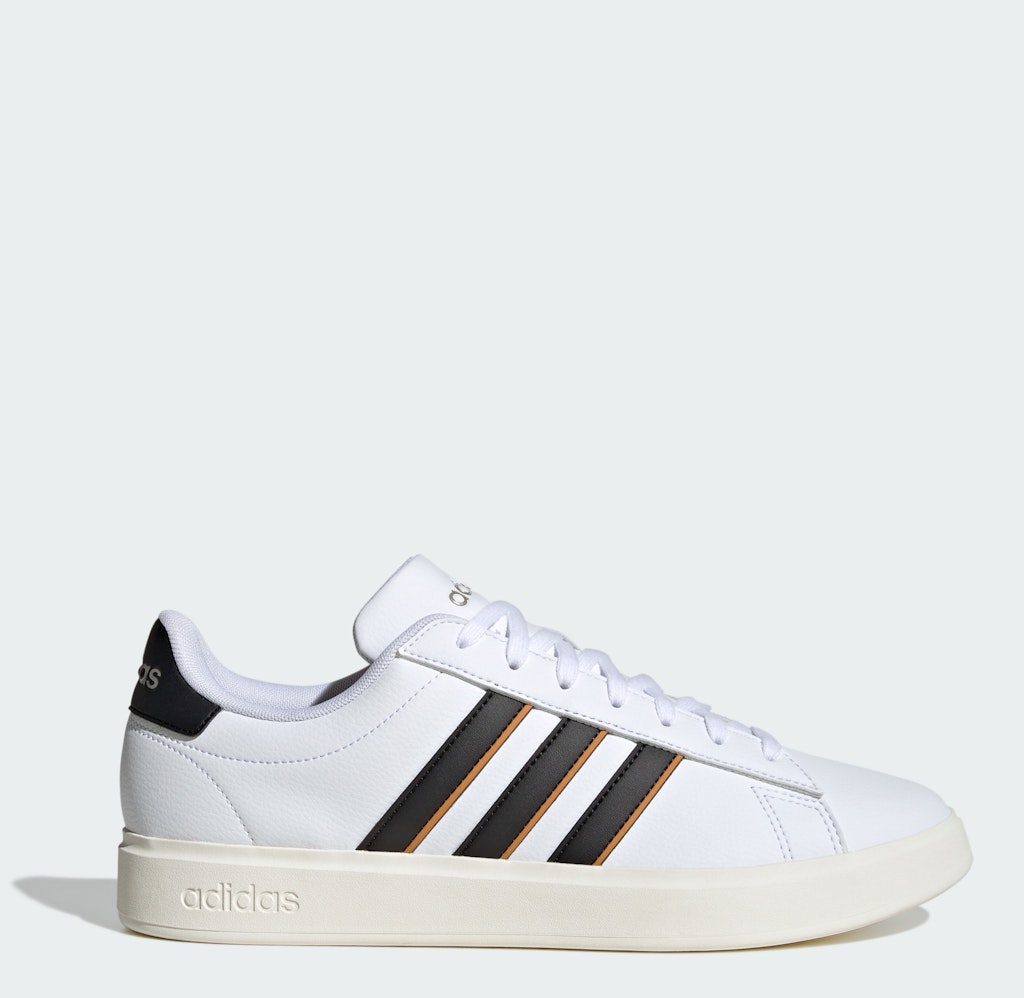
That's the lowest price we could find by $8. They are also available in select sizes/colors for $19. Buy Now at eBay
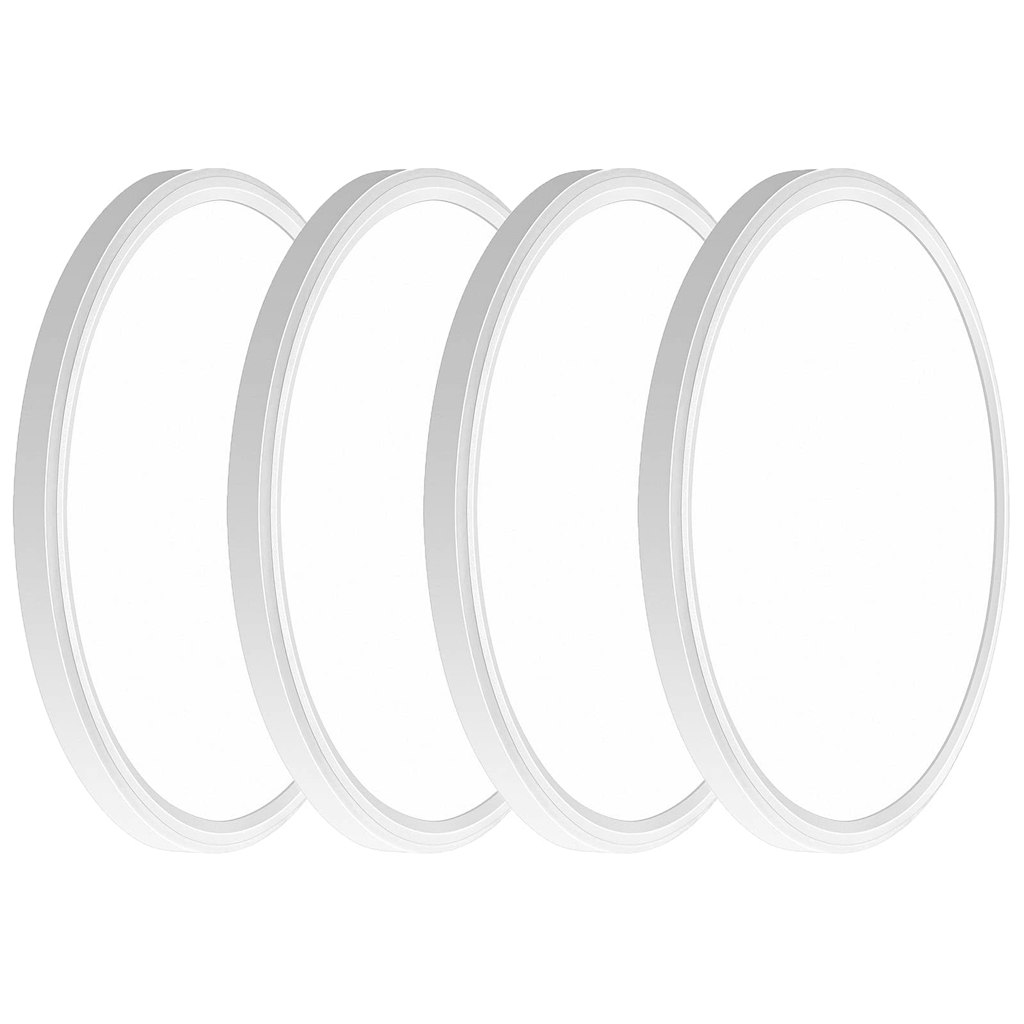
Apply coupon code "79VXHNN6" for an extra savings of $12. Buy Now at Amazon
- 3,200-lumens
- 5,000K daylight color
- Model: 12in-4Pack(5000K)
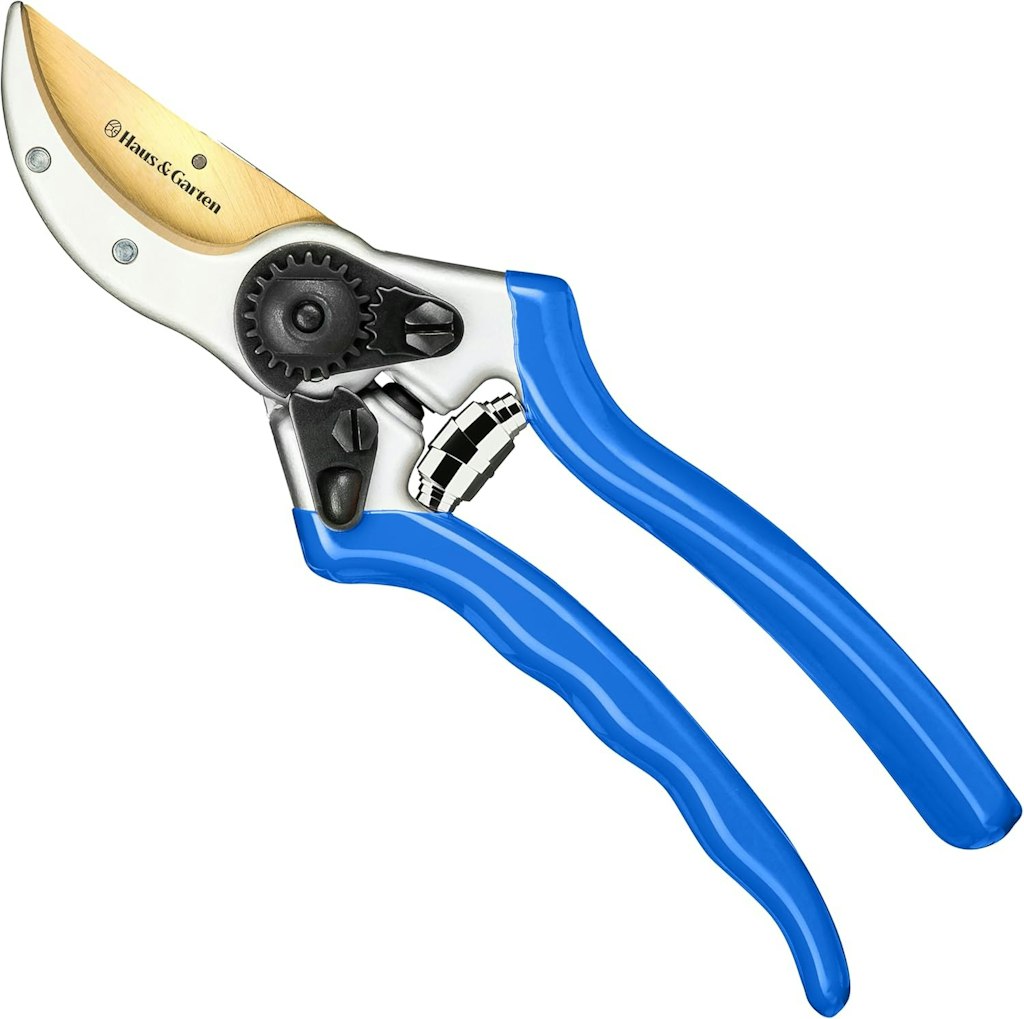
That's the lowest price we could find by $20. Buy Now at Amazon
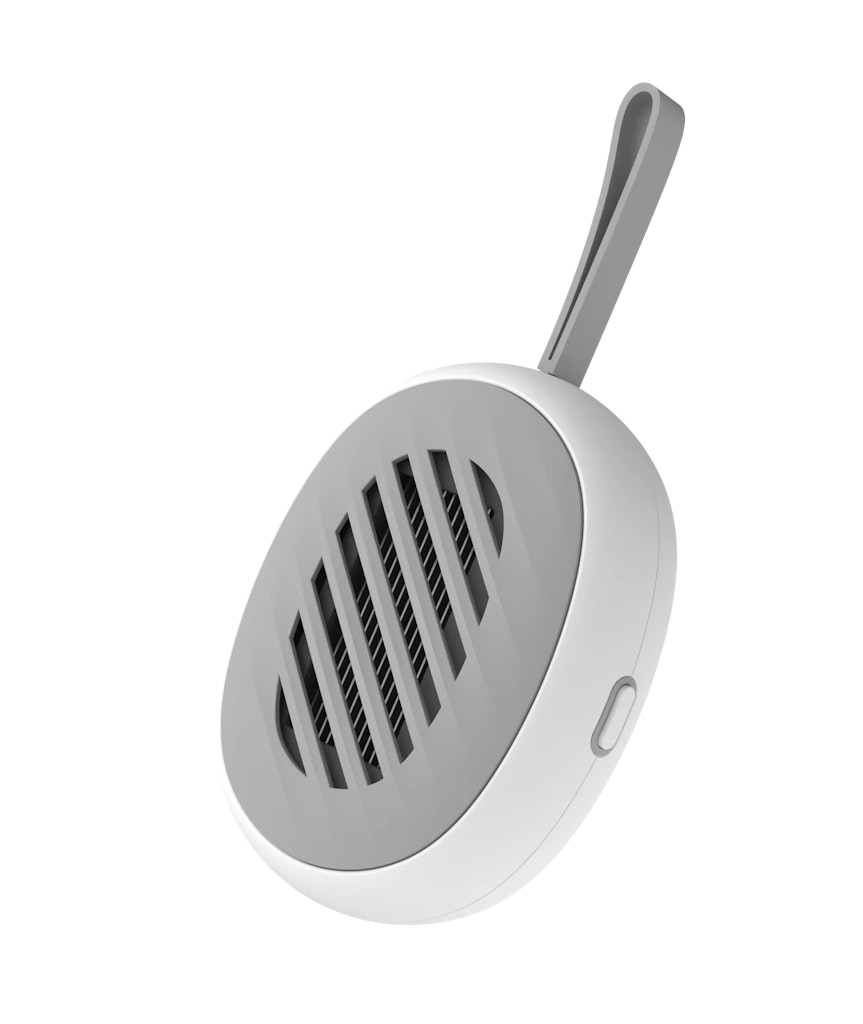
A similar one goes for a $30 at Amazon. Import charges of $9.11 and a payment processing fee of $0.97 may apply.New Alibaba customers save $20 on shipping, which drops the fees for this order to $0.82. Buy Now at Alibaba
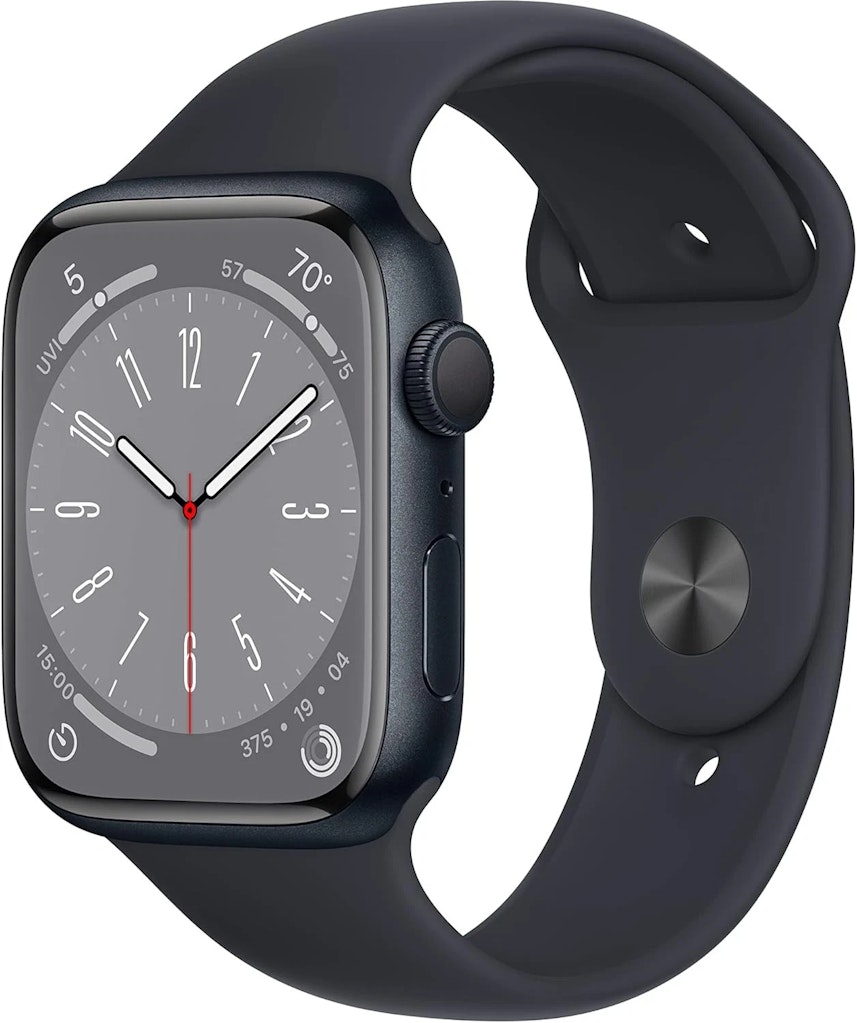
That's $65 under our previous mention of a refurb, and $90 less than you'd pay for one in similar condition elsewhere. A one-year Allstate warranty is provided with purchase. Buy Now at eBay
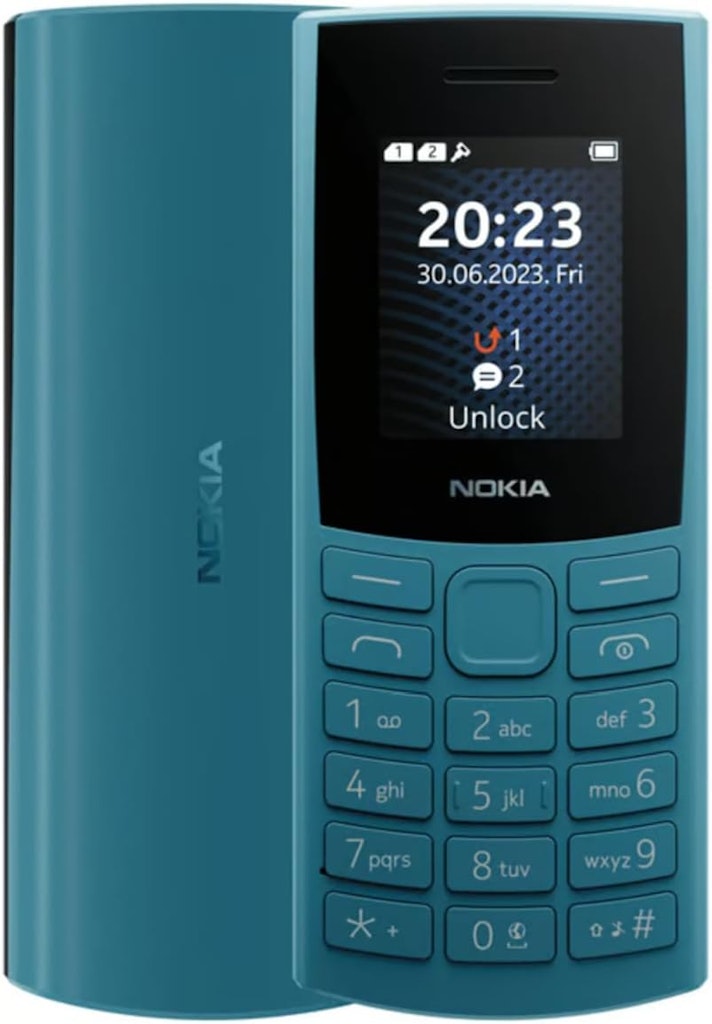
That's a $30 drop and the lowest price we could find. Buy Now at Amazon
- 1.8" display with large buttons
- Dual SIM support for flexibility
- 4G VoLTE for clear calls
- 12-hour battery for long use
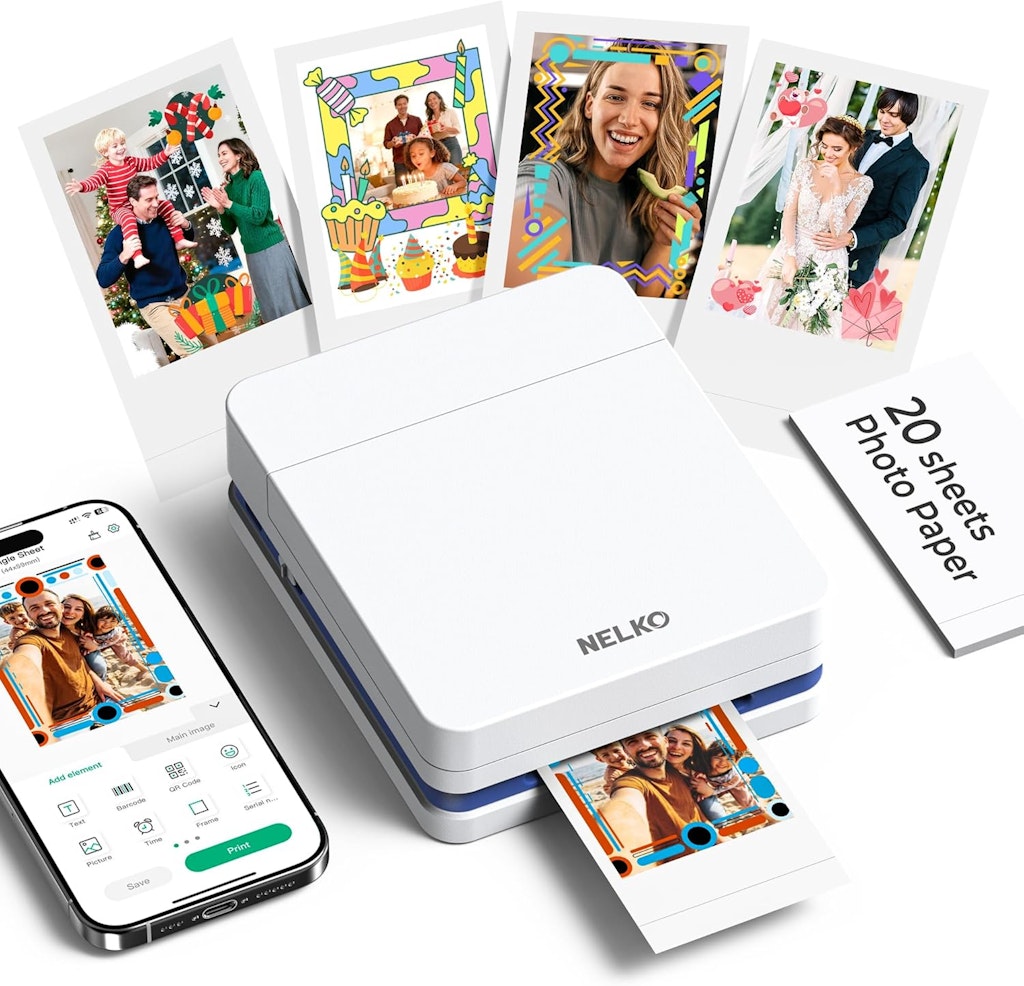
Apply promo code "UWX34BM8" to save an extra $17. Buy Now at Amazon
- printing via Bluetooth
- ink imaging technology
- editing via the Nelko photo printer app
- Model: PP01

Use promo codes "EXTRA50" and "UA10" for this price in several colors, a $29 low. Get free shipping over $50; otherwise, it adds $8. Buy Now at Under Armour

Use the promo code "AFFNMBR" here, and you'll get a $40 Costco Shop Card for free when you sign up for a Costco Executive annual membership. You will receive the card within two weeks of signing up. This membership offer is available only to new Costco Executive members or to those whose membership has expired for 18 months or more. This offer ends March 1, 2026.
Executive members get all the benefits of Gold Star, plus an annual 2% reward (up to $1,250) on qualified Costco and Costco Travel purchases, along with extra savings on select Costco services. Buy Now at Costco
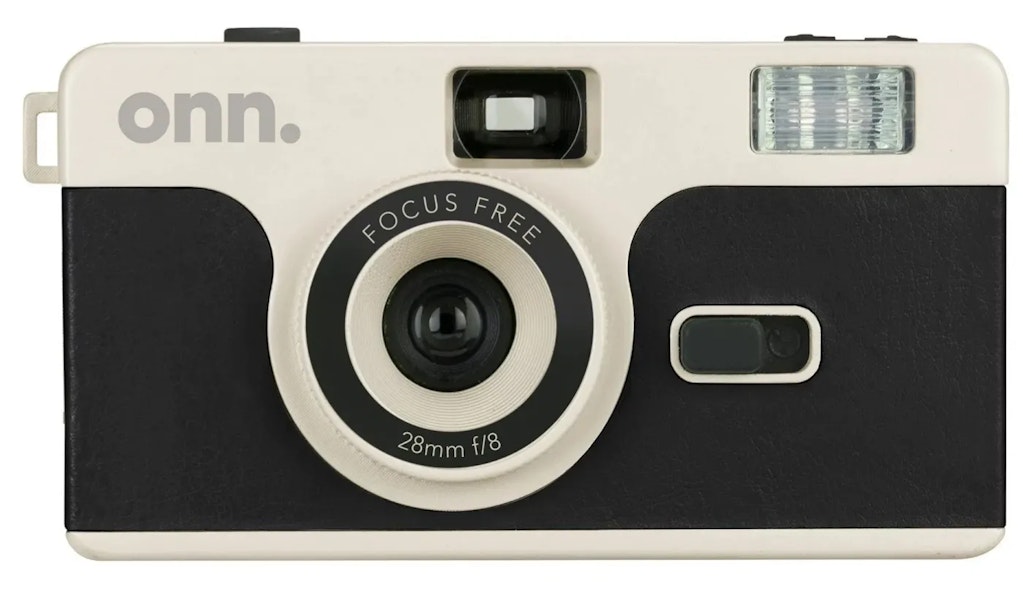
Use promo code "VIPSAVE10OFF" to get this price. It's the best price we could find by $6 and a great deal for a basic camera. Buy Now at eBay
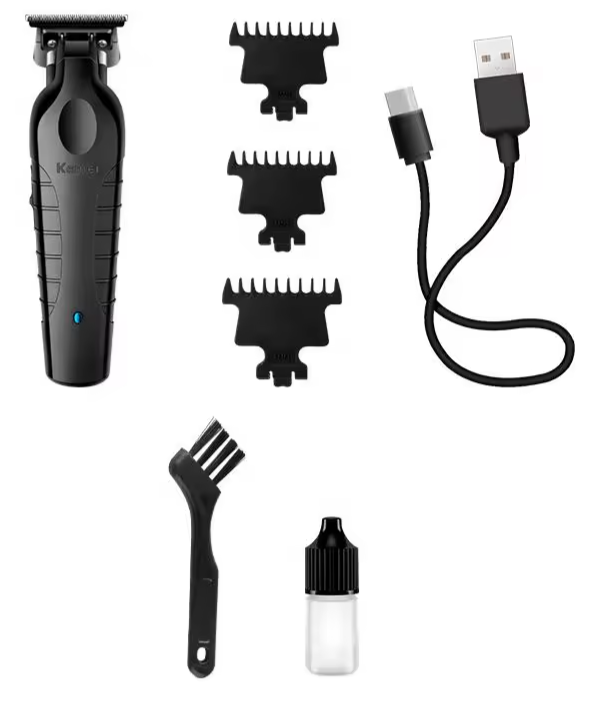
That's $16 less than you'd pay at Walmart or Amazon after factoring in the $4.05 import charges and $0.40 payment processing fee.New Alibaba customers get free shipping; otherwise, it starts at around $12. Buy Now at Alibaba
- 1200mAh battery
- 3 guide combs
- 7,500 RPM
- Model: KM-2299
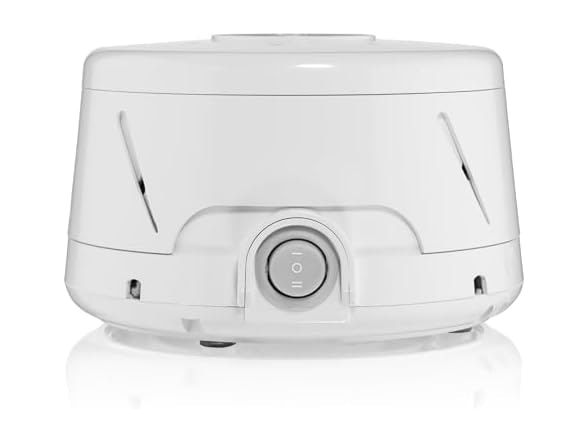
That's the lowest price we could find by $15 on this daily deal from Woot. Buy Now at Woot! An Amazon Company
- 7-foot 120V AC power cable
- fan-based white noise

Get the sale styles (Black/Metallic Silver pictured) for just $18 with the promo codes "EXTRA50" and "UA10". You'd pay $16 more elsewhere. Shipping adds $8, or is free with orders of $50 or more. Buy Now at Under Armour
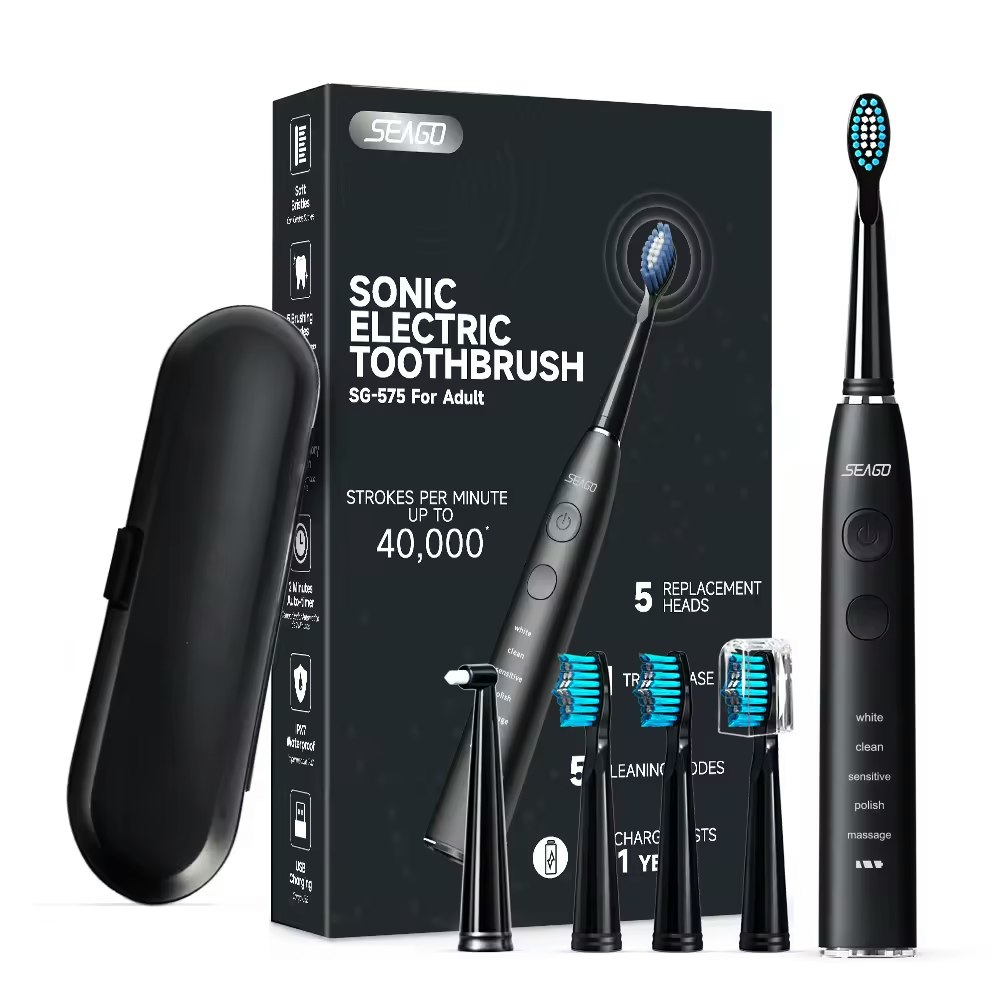
That's the lowest price we could find by $14. Import charges of $3.68 and a payment processing fee of $0.61 may apply.New Alibaba customers get free shipping; otherwise, it starts at around $11. Buy Now at Alibaba
- up to 300 days use on a single charge
- 5 brushing modes
- IPX7 waterproof
- 3 second timer
- Model: SG575

It's the best deal we've seen for this model in any condition. It includes a 2-year Allstate warranty. Buy Now at eBay
- Intel Core 7 Ultra 155H 1.4GHz Meteor Lake H 16-core CPU
- 14" 1920x1200 IPS touchscreen
- 16GB RAM & 1TB SSD
- Windows 11 Home
- Model: NX.KSMAA.001
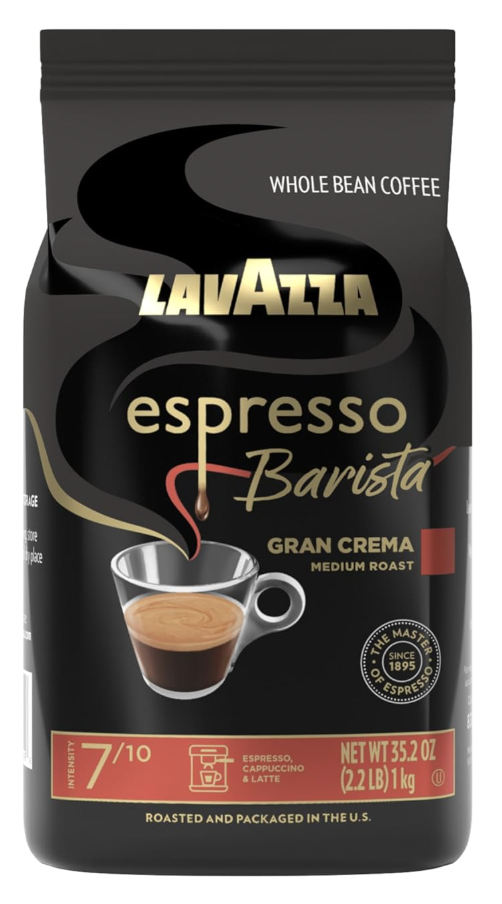
Clip the 25% off coupon on the product page and check out with Subscribe & Save, and you'll get this pack of Lavazza Espresso Barista coffee for just $12. You'd pay almost double this price today at Walmart. It'll ship for free for Prime members. Buy Now at Amazon

Save $250 on this annual pass, granting you unlimited flights to Frontier's domestic and international destinations through April 2027.Domestic flights must be booked the day before departure, and international destinations no further out than 10 days before departure - perfect for those spur-of-the-moment getaways. Blackout dates and some restrictions apply. Buy Now at Frontier Airlines
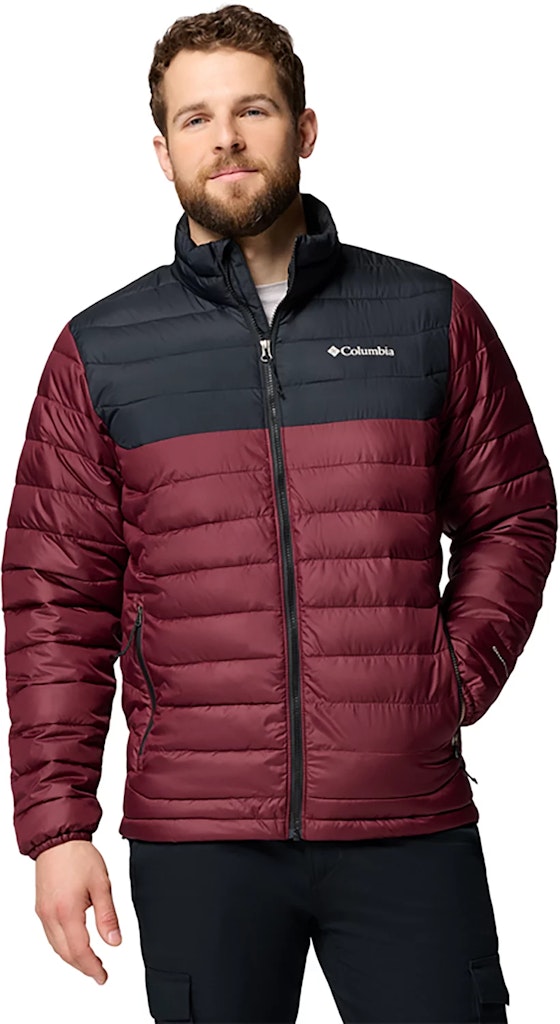
You'd pay over $100 elsewhere. In Dark Red. Buy Now at Academy Sports & Outdoors

adidas is offering a $50 digital gift card for $40. The discount is applied automatically at checkout. Buy Now at adidas
How Much Can I Save on the Hottest Deals?
The average savings can vary wildly day by day, but we regularly see discounts of anywhere from 15% to 96% off. The biggest discounts usually pop up for holidays, such as these Early Prime Day Deals. Thanks to coupon codes giving extra discounts, we'll regularly see shoes and apparel from the biggest brands like Nike, adidas, and New Balance at over 50% off. If you're looking for tools or home improvement, we see deals from stores like Home Depot and Lowe's that take up to 70% off. Plus, if something's at its best-ever price, or close to it, or is just something we think is extra neat, you'll probably find it on our Staff Picks page.
How Often Are the Hottest Deals Updated?
Around the clock! An international team of highly-trained deal jockeys is constantly scouring Amazon, Walmart, Best Buy, Target, and any other store you care to name, seeking out the latest and greatest deals for you to peruse. From daily deals and doorbusters to niche finds and off-the-wall offers, our pages are always being updated with something new and interesting and discounted.